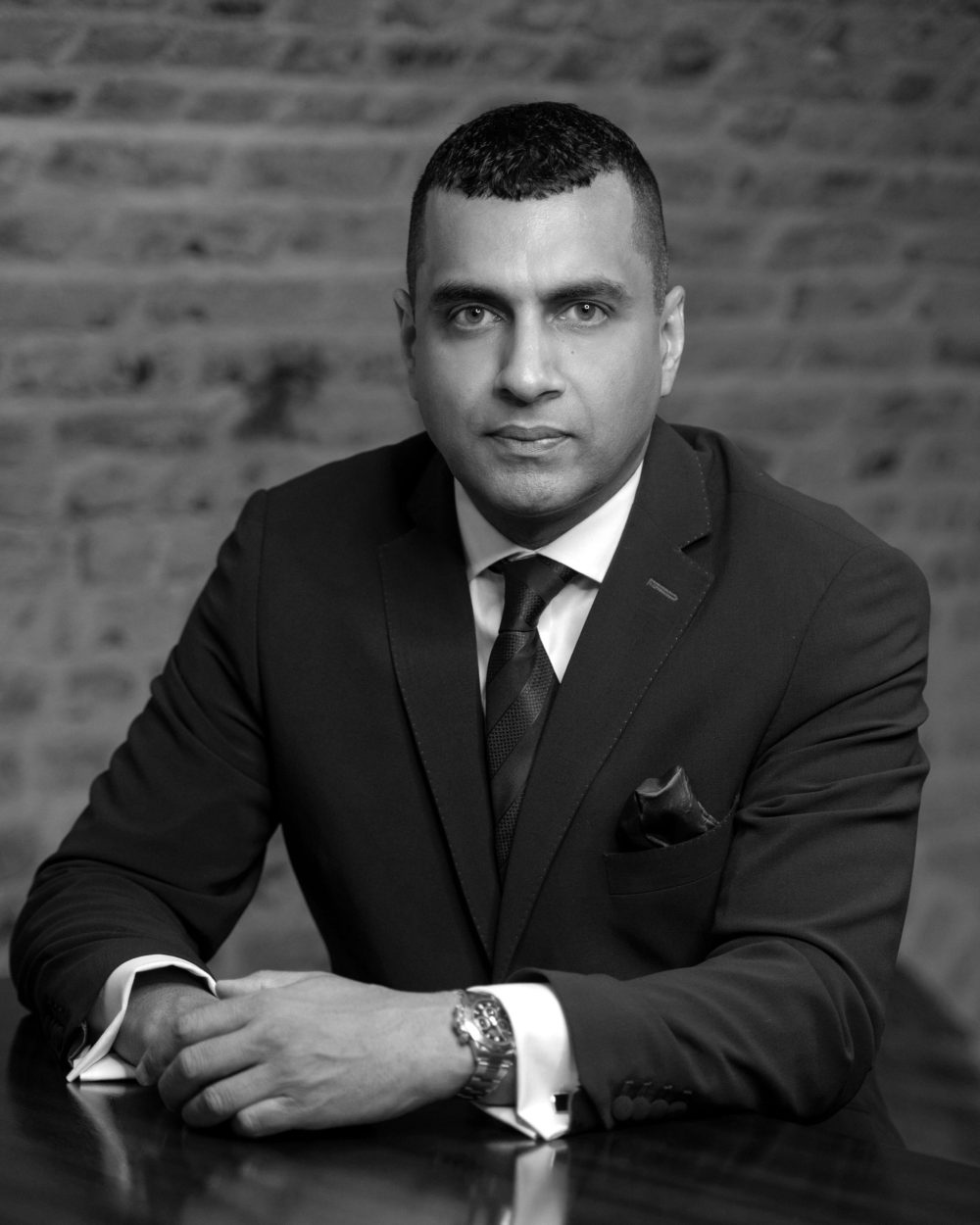Bankruptcy Petitions
Bankruptcy Petition Lawyers
Our team of insolvency lawyers is able to assist individuals in the following areas:
Statutory Demands and Bankruptcy Proceedings
- Preparation and service of Statutory Demands
- Preparation and service of Bankruptcy Petitions
- Defending Bankruptcy Petitions and preparing evidence of the disputed debt
- Representation at the Bankruptcy Petition Hearing
- Negotiating with creditors to avoid a Bankruptcy Order
Claims Brought By Insolvency Practitioners
- Advising and assisting individuals in claims brought by the Trustee in Bankruptcy on behalf of creditors relating to:
- Property including the matrimonial home
- Property and assets acquired post-bankruptcy
- Undisclosed income
- Gifts
- Preferences
Our team can guide you in relation to bankruptcy petitions and on claims arising from bankrupt estates. We are happy to provide an initial no obligation consultation to explore the issues in your case and to provide an assessment of how we can assist you.
Got a question?
Contact KANGS
The expert lawyers at KANGS are available to assist you. We can arrange initial consultations in person, by video call or telephone.
Please contact one of our experts listed below or contact us at:
What is a Bankruptcy Petition?
An application can be made to the court against an individual for a bankruptcy petition by a creditor who is owed more than £5,000.
The application is on the basis that the individual is unable to pay their debts.
The court will usually be satisfied that the individual cannot pay their debts if that person has either failed to comply with a Statutory Demand or has failed to have the Statutory Demand set aside.
The bankruptcy petition is usually served personally on the individual confirming the time and date of the court hearing. The court will decide if a Bankruptcy Order should be made.
How can a Bankruptcy Petition be defended?
A bankruptcy petition is usually defended by demonstrating that the debt being claimed is substantially disputed.
Alternatively, the individual can negotiate a settlement with the creditor leading to the eventual withdrawal of the bankruptcy petition.
What is the process if a Bankruptcy Order is made?
If a Bankruptcy Order is made, in general terms, the following procedure will be followed:
- The Official Receiver will be appointed to review the individual’s assets and affairs
- If the individual has any recoverable assets a licensed Insolvency Practitioner will be appointed as the Trustee in Bankruptcy
- The Trustee in Bankruptcy will:
- Conduct an investigation into the financial affairs of the individual
- Realise the individual’s assets
- Distribute the proceeds of sale among the individual’s creditors
- If the Trustee in Bankruptcy finds the individual has disposed of any assets or property (such as the matrimonial home) or made payments to specific creditors (gifts or preferences), the Trustee in Bankruptcy may bring a civil claim against such parties to each transaction in order to recover the asset/payment for the benefit of the creditors
What are the consequences of a Bankruptcy Order?
There are many consequences of being declared bankrupt and some of the main ones are detailed below:
- The Bankruptcy Order will usually last for one year before the individual is automatically discharged from bankruptcy
- The period of one year can be extended upon an application to the court by the Official Receiver or the Trustee in Bankruptcy on the basis that the individual has failed to cooperate or comply with certain obligations during the term of the Bankruptcy Order
- Failure to cooperate includes not providing requested information, not attending meetings, deliberate obstruction of the investigation and fact-finding process as well as prevarication and delay
- The individual must not be concerned (directly or indirectly) in promoting, forming or managing a limited company, or acting as a company director, without the permission of the Court, whether as a director or not
- The individual cannot act in a variety of roles including as an Insolvency Practitioner, a Member of Parliament or Councillor in England or Wales and many other professional bodies will disqualify the individual from the relevant profession
- Restriction on the amount of credit that can be obtained without disclosure of the Bankruptcy Order as well as an adverse effect on credit ratings generally
- Restriction on carrying on a business (directly or indirectly) in a different name, without declaring the existence of the Bankruptcy Order to business associates
- Obligation to notify the Official Receiver or Trustee in Bankruptcy of a change in financial circumstances to include receipt of any windfall payment such as a legacy
- Non-provable debts will not be written off which include secured loans (mortgages), student loans, court fines and child maintenance payments
Alternative to Bankruptcy? | Individual Voluntary Arrangement (“IVA”)
An individual can enter into an IVA with his/her creditors by agreeing to repay debts over a specified period of time (usually a number of years).
- The IVA has to be approved by the creditors
- All interest and charges on the debt will be frozen
- A licensed Insolvency Practitioner will supervise, administer and review the IVA until it is concluded
The main benefits of an IVA, compared to a Bankruptcy Order, is that the prohibitions attached to a Bankruptcy Order will not apply, allowing the individual to:
- Retain his/her current employment
- Retain the matrimonial home and any other assets
- Continue acting as a company director or be involved in the management of a company
Testimonials
Get in touch
Send an enquiry





